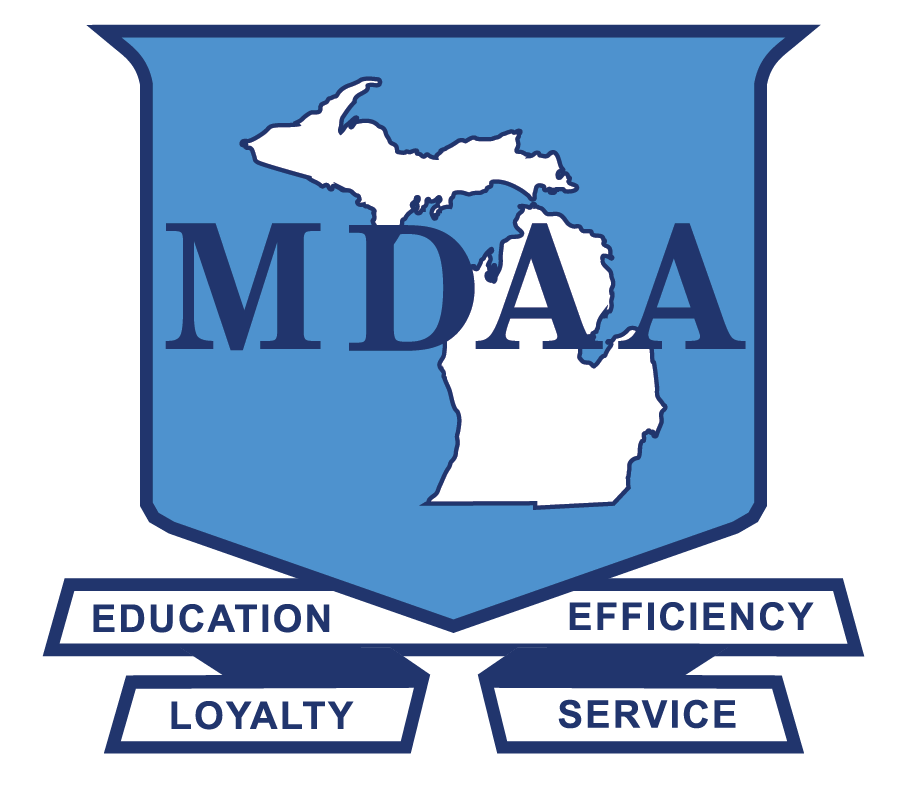Dental Assistants work in every aspect of dental health care, from helping a dentist with direct patient care to administrative tasks such as scheduling appointments and filing medical records. Whether you’re a new student or a seasoned professional, the Michigan Dental Assistants Association has something for you.
We offer continuing education opportunities, job listings, updates on state and federal rules and regulations, and access to professional journals. Through the MDAA, you’ll learn about opportunities for recognition and meet your colleagues from across the state. Membership in our organization also includes membership in the American Dental Assistants Association (ADAA), where you have the chance to take advantage of even more opportunities.
Thank you for your interest in the MDAA.
American Dental Assistants Association’s Principles of Professional Ethics
The Principles of Professional Ethics lists legal and ethical guidelines expected by patients, employers, employees and, in many areas, required by regulatory boards.
- Cause no harm;
- Uphold all federal, state, and local laws and regulations;
- Be truthful and honest in verbal, financial, and treatment endeavors;
- Recognize and report signs of abuse to proper authorities;
- Assist in informed decision-making of treatment options; while respecting the rights of patients to determine the final course of treatment to be rendered;
- Do not discriminate against others;
- Support, promote, and participate in access-to-care efforts through education, professional activities, and programs.
- Deliver optimum care utilizing professional knowledge, judgment, and skill within the law;
- Be compassionate, respectful, kind and fair to employers, co-workers, and patients;
- Refrain from denigrating by word, print, or in electronic communication his/her employer, workplace, or colleagues at all times;
- Create and maintain a safe work environment;
- Assist in conflict management when necessary to maintain harmony within the workplace;
- Strive for self-improvement through continuing education;
- Strive for a healthy lifestyle which may prevent physical or mental impairment caused by any type of illness;
- Refrain from any substance abuse;
- Never misrepresent professional credentials or education.

